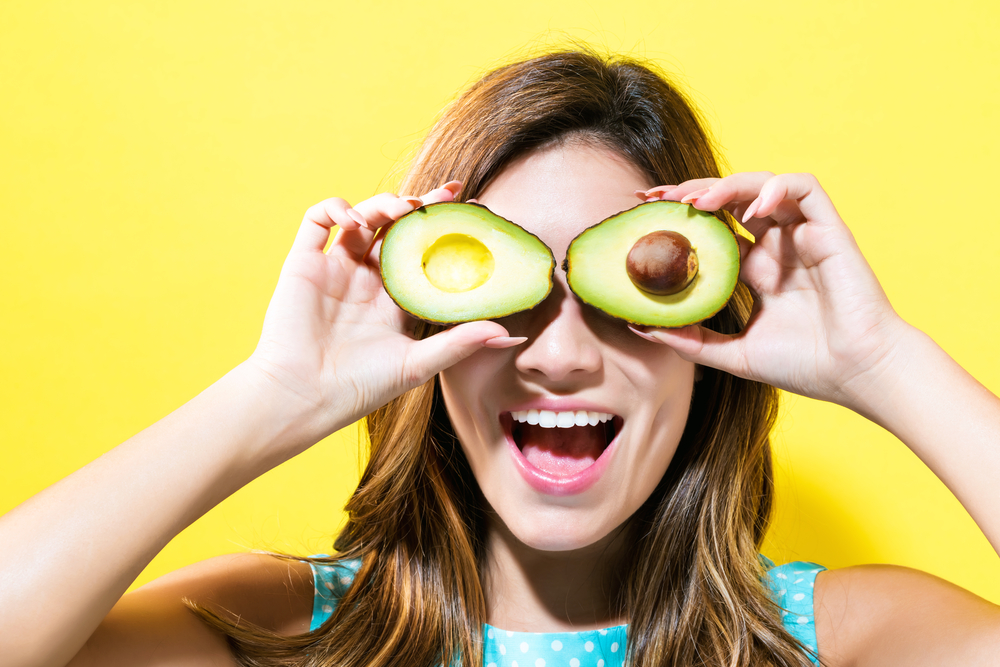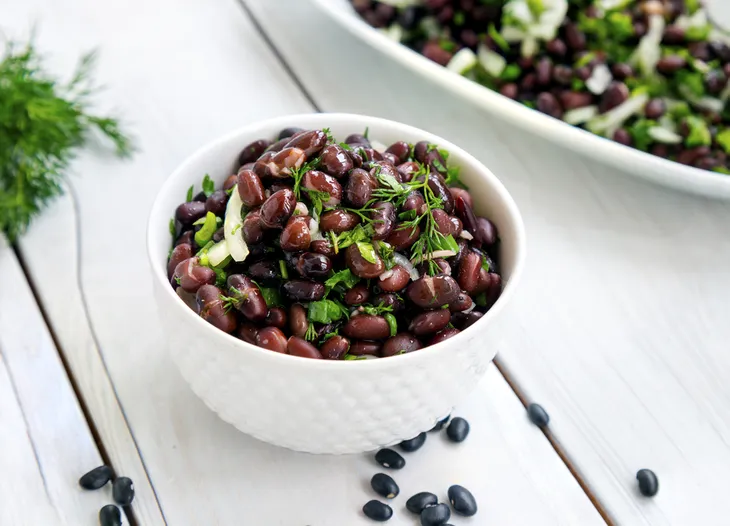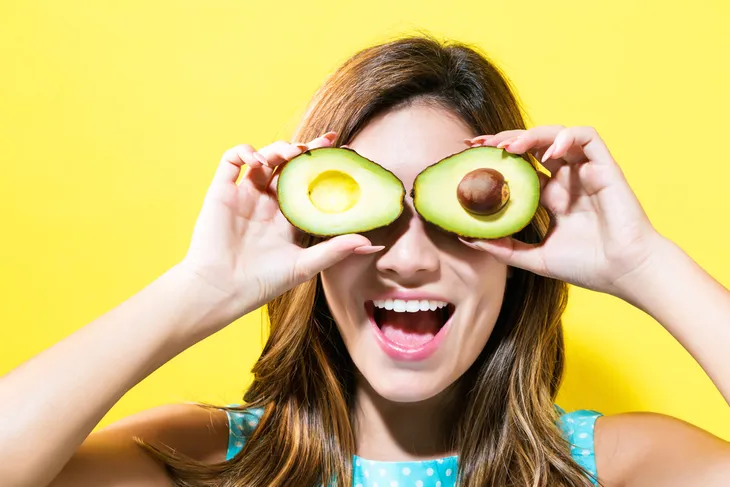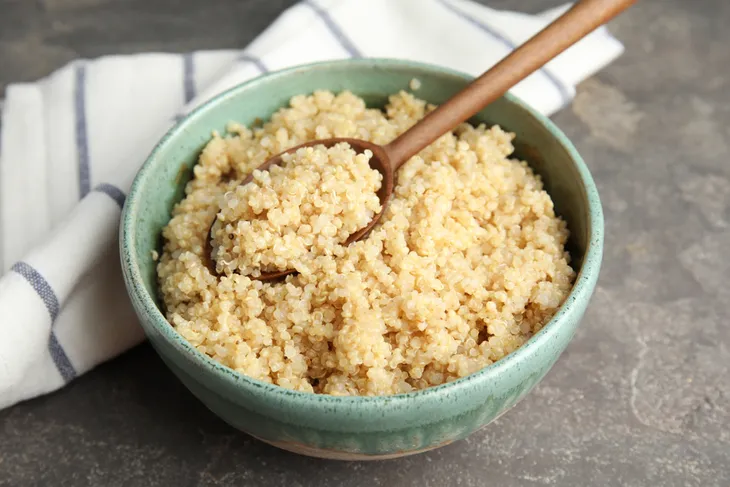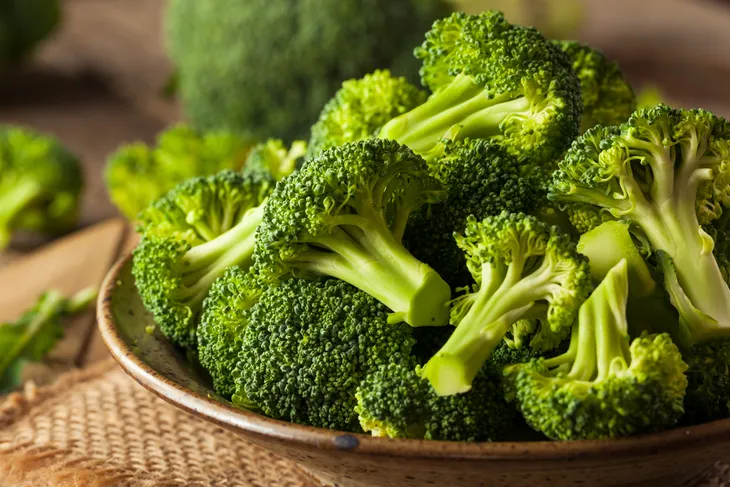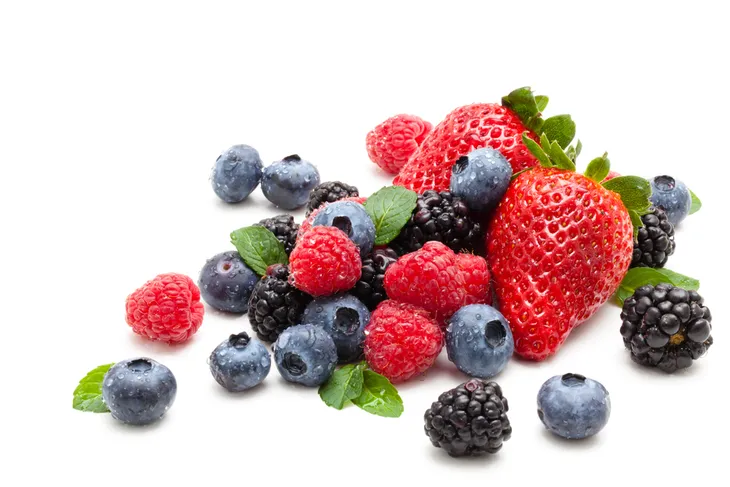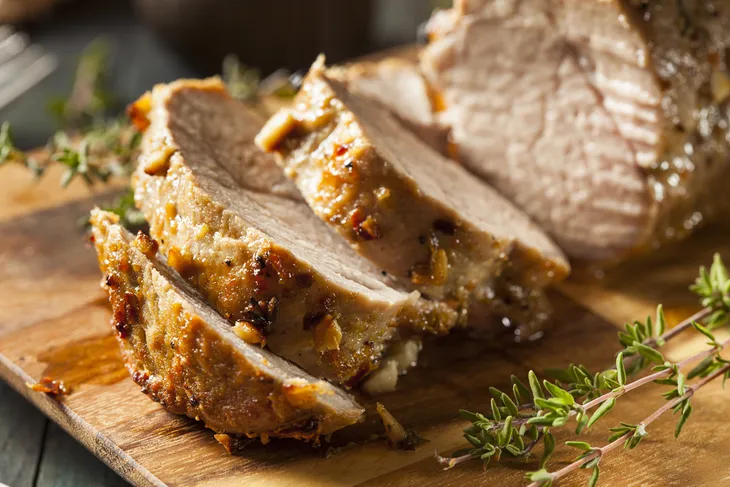Being healthy relies on lifestyle choices and habits, one of which is having a well-balanced diet full of foods with nutrients and compounds that are good for the body. Food can help you lose weight, improve sleep, encourage muscle development, improve physical, mental and emotional health, and even help prevent or lessen the risk of mild to life-threatening diseases. But not just any food can provide these benefits.
While there are many super foods out there, they aren’t the only foods that are good for you. In fact, you’ll find that many healthy people eat a variety of foods, many surprising bites that don’t get their credit due. If you’re looking to make some changes to your diet, read on for 9 foods that super healthy people are prone to eating…
Black Beans
Depending on where you grew up, you may already eat black beans frequently as part of your diet. Believe me; there’s a good reason many healthy people make an extra effort to eat black beans. Not only are they full of iron, calcium, potassium, fiber, and antioxidants—many nutrients that prevent or reduce the risk of several diseases and strengthen vital organs—black beans also have a positive and balancing effect on blood sugar, cholesterol, and digestion.
Beans are also full of satisfying fiber to keep you feeling full, for longer. On top of these numerous benefits, black beans are high in protein, which makes them a great vegetarian-friendly food. Like other vegetables, it’s best to avoid canned beans whenever possible because of the preservatives and high sodium levels often found within. However, buying dry beans and soaking them overnight is an easy, healthy, and economical solution.
Avocados
Many health experts consider the avocado a food worth eating—high fat and all! Research from WebMD and many other sources confirms that good fats, or healthy monounsaturated fats, in avocados helps to lower bad cholesterol when consumed in moderation. Plus, there are so many healthy ways to eat avocados (i.e., in smoothies, soups, sauces, salads, and dips) to glean their high levels of potassium, fiber, protein, and vitamin C and E.
In addition, the green fruit (yes, it’s a fruit) has been linked to lowering cholesterol; reducing the risk of heart disease and diabetes, stroke; cutting the risk of certain cancers; and providing a natural anti-inflammatory. Doctors often encourage patients with arthritis and other inflammatory diseases to eat avocados, which are also linked to healthy weight maintenance and weight loss.
Quinoa
Quinoa gets so much attention as a superfood that you may wonder why more people don’t eat it for its wide range of nutritional properties. The whole grain is extremely high in protein, fiber, iron and magnesium, and relatively low in calories. Quinoa has been linked to improved brain function, lessening the severity of migraines, lowering blood pressure, and reducing cholesterol.
Plus, the pure grain is naturally gluten-free for those with a gluten-intolerance. Quinoa is also a high protein option for vegetarians and vegans—in fact, it’s considered the highest protein whole grain—and can be used quite flexibly to substitute rice and pasta.
Eggs
It seems there’s a never–ending debate about eggs—are they good for you or bad for you? Long held beliefs that eating egg yolks will raise blood cholesterol and increase your risk for heart disease has been debunked by the latest research that eggs are a healthy part of a balanced diet.
Plus a whole egg provides a ton of nutrients—including vitamins A, D, E and K, and choline (a vitamin that has been linked to reduced inflammation and improved brain function). Egg whites contain valuable minerals, vitamins B2, B6, B12, and D, and are high in protein and low in fat.
Potatoes
We’ve all heard that sweet potatoes are jam-packed with antioxidants and other valuable nutrients that can help prevent heart disease, reduce inflammation, regulate blood sugar, and boost immunity. Obviously, the benefits contained within the bright orange tuber are vast. The versatility of the sweet potato also provides countless ways to incorporate it into your diet. However, in our jubilation over the sweet potatoes, we often ignore the benefits of the regular white potato.
That’s right; white potatoes are good for you, too, when part of a well balanced diet. A medium potato on it’s own contains a mere 150 calories, is low in saturated fat and cholesterol—bonus points if you eat the high-fiber skin. Really, it’s often the high fat cooking methods (deep frying) and toppings (i.e. sour cream and mayonnaise) that give potatoes an unhealthy rep. In fact, white potatoes are a rich source of vitamins C, B6, potassium and manganese, which boost immunity, lower or maintain blood pressure, and help prevent certain diseases and cancers.
Broccoli
When you were a kid, you probably had a dislike of at least one green vegetable…my pick was broccoli, but peas, Brussels sprouts, and cabbage are also high on the “most hated” list. Like most people, I grew out of my hatred of the dreaded green veggie, and now eat broccoli regularly and for good reason.
The many nutritional benefits from broccoli make it enticing as part of a healthy diet. Firstly, broccoli is a high-fiber veggie, which means it’s linked to lower blood pressure and reducing the risk of heart disease. Secondly, broccoli is touted for boosting the immune system and reducing the risk of several diseases due to the many nutrients and vitamins (i.e., vitamins A, K, C, E, B1, B6, chromium, folate, phosphorus, manganese, potassium, copper, and a whole lot of dietary fiber) within this dark green veggie.
Berries
It seems like just about any type of berry is good for you. True, combined with intense flavor and versatility, healthy people make an effort to include berries in their diet. Blueberries are often referred to as a super food because they’re rich in antioxidants, which are linked to reducing the risk of cardiovascular disease while promoting heart-health.
The strawberry is another berry that holds significant healthy properties. First, strawberries are full of fiber and vitamin C, which studies link to lower cholesterol. The red, juicy berry has is also associated with clearer skin, improved vision, and cancer prevention. Plus, you can eat berries on their own or on top oats, in smoothies, and on salads.
Pork Tenderloin
It isn’t a secret that chicken and turkey are lean cuts of meat…unless they’re covered in batter, deep-fried, or covered in high fat, high sodium, and high-sugar sauces. However, these healthy sources of protein aren’t the only ones. Pork tenderloin is a cut that hardly gets enough credit—likely because when you think of pork, you think of bacon, sausage, and ham. But that doesn’t mean that all pork products are created equal.
In fact, pork tenderloin gets a heart-check rating from the American Heart Association. Not only is pork tenderloin an extra-lean, heart-healthy protein, contrary to bacon and ham counterparts, pork tenderloin is naturally low in fat and sodium, offering another option for people who make healthy food choices and follow healthy diets. Pork tenderloin has been gaining in popularity and will no doubt continue to do so as more health experts and fitness gurus recognize its benefits.
Bananas
No healthy, balanced diet would be complete without an abundance of fruits and vegetables, and bananas are a good choice when deciding on what fruit to eat. Bananas are very high in potassium, which can encourage normal heart function, as well as nerve and muscle function. They also contain vitamin C (boosts immune system) and B6 (encourages new cell growth), and minerals. The natural sweetness makes bananas a good option for baked goods and might be what entices kids to start eating bananas when they’re young.
Another reason healthy people eat bananas is because of how full they can keep you. They’re high in fiber, which aids in keeping you feeling full for longer. This makes them an ideal morning snack or as part of your breakfast – chopped up bananas over oats or a healthy cereal adds an extra punch of healthy nutrients that could tide you over until lunch. And for such a filling snack, the average banana is only around 90- to 120-calories.
